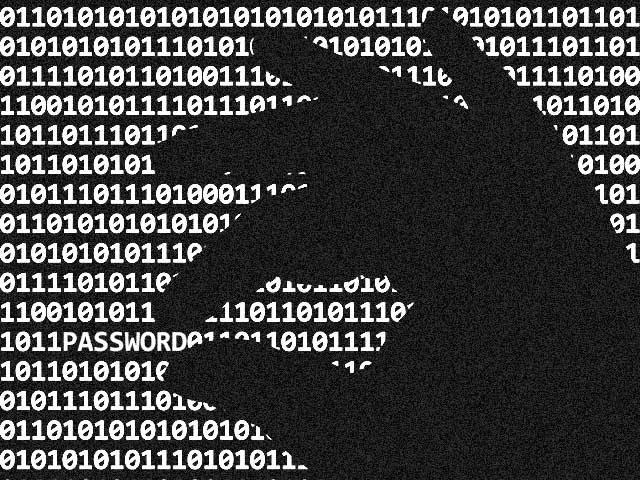
by medicaltechont | Apr 27, 2016 | eHealth, EHR, hackers, Privacy, Security, Software
The growing concern with ransomware attacks at hospitals is provisionally a healthcare IT problem, but as the number of such attacks grows, it will quickly become a financial one as well.
Just a single ransom sum has been disclosed: Hollywood Presbyterian Medical Center in Los Angeles paid the equivalent of about $17,000 in bitcoin to free up its computer systems last month.
That may not have been a wise move: Steve King, chief operating officer with Netswitch Technology Management, a Northern California consulting firm that focuses on healthcare IT and security issues, told me last month that paying ransoms would set a precedent that would embolden hackers looking for paydays.
“The more they comply with these ransom demands, the more frequently we’re going to get these kinds of attacks,” King told me. He suggested it might be preferable for some hospitals to simply replace their existing IT systems than succumb to ransoms.
Read more at http://www.fiercehealthfinance.com/story/ransomware-attacks-hospitals-need-weigh-bottom-line-or-just-take-some-basic/2016-03-28

by medicaltechont | Feb 27, 2016 | EHR, Electronic Medical Records, Hospitals, Medical Records, Security, United States
Ransomware has seriously turned on to a noxious game of Hackers to get paid effortlessly.
Once again the heat was felt by the Los Angeles-based Presbyterian Medical Center when a group of hackers had sealed all its sensitive files and demanded $17,000 USD to regain the access to those compromised data.
The devastation of the compromised files can be pitched as:
- Compromised emails
- Lockout Electronic Medical Record System [EMR]
- Encrypted patient data
- Unable to carry CT Scans of the admitted patients
- Ferried risky patients to nearby hospitals
As the situation was grown out of wild, the hospital paid 40 Bitcoins (Roughly US $17,000) to the Ransomware Criminals to resume their medical operations after gaining the decryption keys.
“The quickest and most efficient way to restore our systems and administrative functions was to pay the ransom and obtain the decryption key,” the hospital CEO Allen Stefanek said in a letter.
All the electronic medical system were restored back soon after unlocking the encrypted file locks.
The Ransomware had stolen the nights of many network administrators, as they would be often blamed to fight up this nasty threat; instead of blaming staffs who click the illegit links in their e-mail.
http://thehackernews.com/2016/02/ransomware-medical-record.html?utm_source=THNLS&utm_medium=BelowLS&utm_campaign=LS
http://hollywoodpresbyterian.com/default/assets/File/20160217%20Memo%20from%20the%20CEO%20v2.pdf



